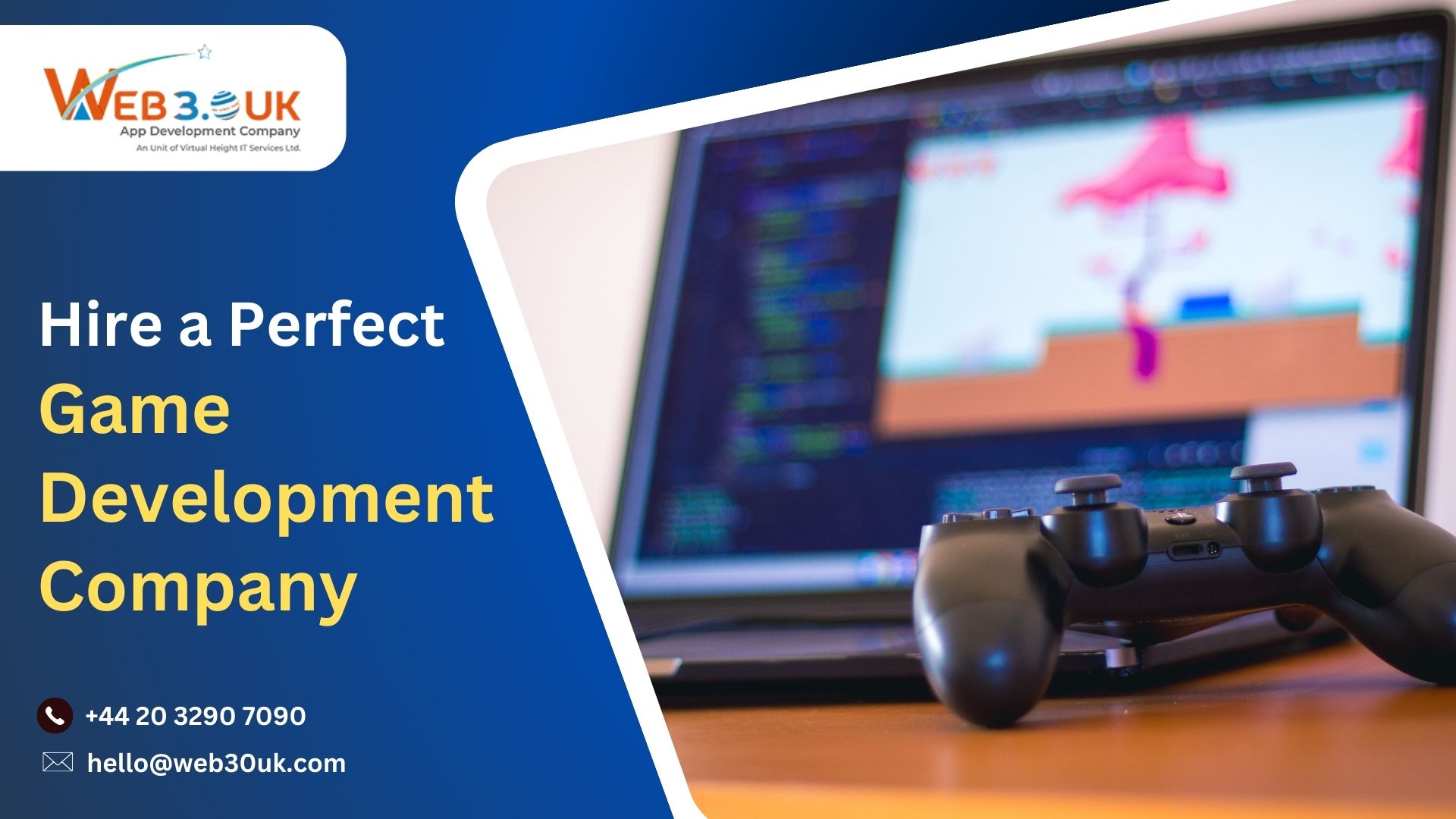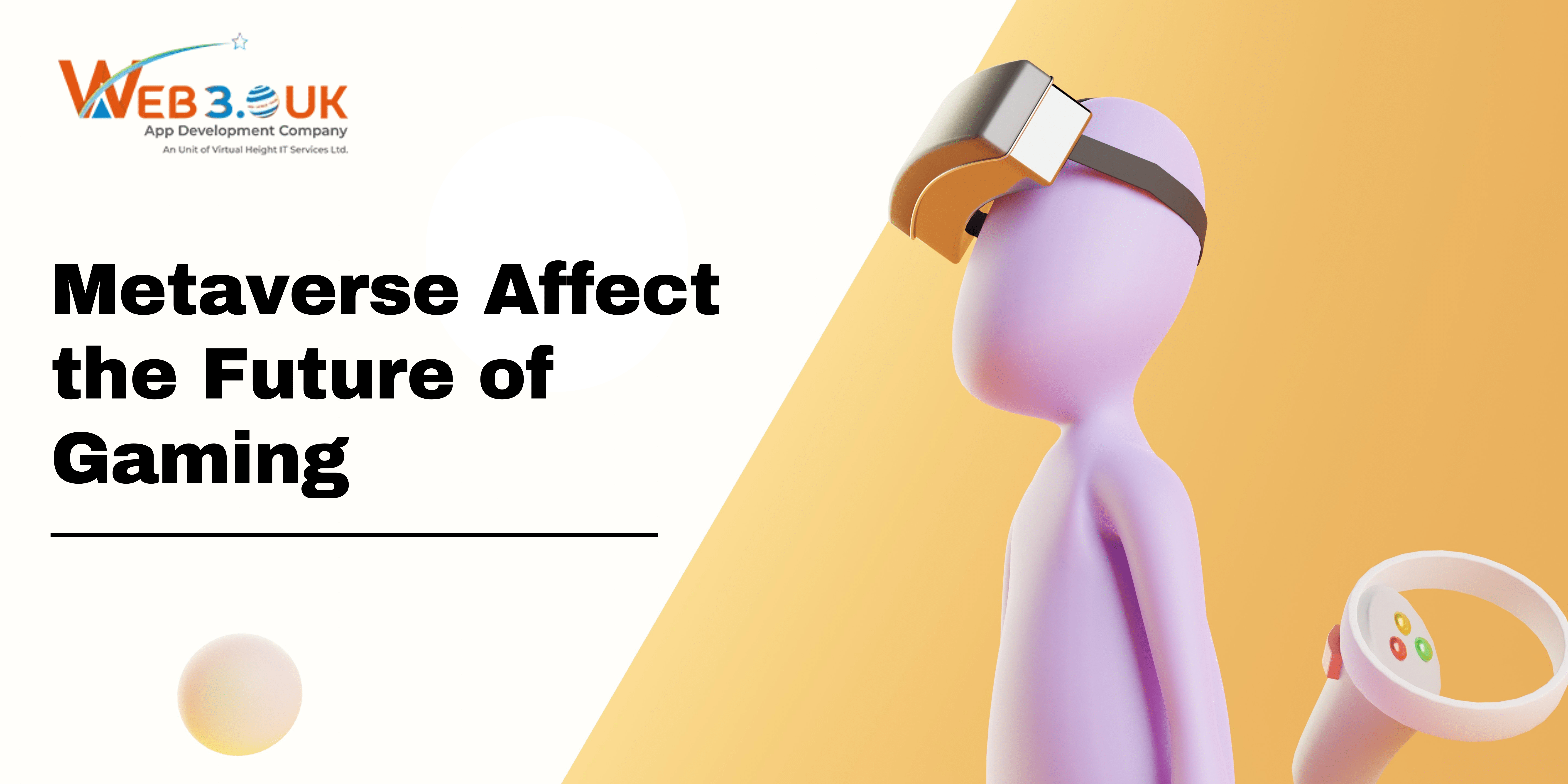In the fast-evolving world of game development, choosing the right game development company can make or break your project. With the gaming industry booming and new titles released regularly, it’s crucial to partner with a team that can turn your vision into a reality. This article will guide you through the process of hiring the perfect Game Development Company in 2023, ensuring that your project not only meets but exceeds your expectations.
According to a 2020 survey statistics indicate that the video gaming business has a net worth of $159.3 billion. Due to the severe competition for roles created by the game development industry’s phenomenal expansion, it is challenging for game businesses to hire skilled game developers.
Understanding the Importance of Your Choice
Before diving into the specifics of hiring a game development company, it’s essential to grasp why this decision is so critical. The success of your game depends on various factors, including the skillset, experience, and creativity of the development team you choose. Here’s why making the right choice matters:
1. Expertise Matters
Game development is a complex and multifaceted field. Your chosen company should have a team of experts in various domains, including programming, design, art, and quality assurance. They should be well-versed in the latest technologies and industry trends.
2. Creativity Drives Innovation
In the highly competitive gaming industry, innovation is key. Your game needs to stand out from the crowd, offering players a unique and engaging experience. A creative game development team can bring fresh ideas to the table, ensuring your project’s uniqueness.
3. Timeliness and Efficiency
Meeting deadlines is crucial in game development. Delays can lead to increased costs and missed opportunities. A reliable game development company should have a track record of delivering projects on time and within budget.
Steps to Find the Perfect Game Development Company
Now that you understand the significance of your choice let’s delve into the steps you should follow to hire the perfect game development company for your project:
Step 1: Define Your Project Scope
Before you start your search, have a clear understanding of your project’s scope. Determine the type of game you want to develop, the platforms you intend to target, and any specific features or technologies you require.
Step 2: Research Potential Companies
Begin by compiling a list of potential game development companies. Use online directories, industry forums, and recommendations from colleagues to create a comprehensive list.
Step 3: Assess Portfolios
Once you have your list, it’s time to dig deeper. Visit the websites and portfolios of each company to get a sense of their previous work. Look for projects similar in scope and complexity to your own.
Step 4: Check References
Reach out to the companies and ask for references. Speak to their previous clients to gauge their satisfaction with the company’s work, communication, and ability to meet deadlines.
Step 5: Evaluate Skills and Expertise
During your interactions with potential companies, assess their skills and expertise. Ask about their team’s experience in developing games for your target platform and genre.
Step 6: Discuss Budget and Timeline
Transparent communication is essential. Discuss your budget and project timeline with each company on your shortlist. Ensure they can work within your financial constraints and meet your deadlines.
Step 7: Review Contracts Carefully
Once you’ve narrowed down your options, review the contracts and terms offered by each company. Ensure all aspects of your project, including ownership of intellectual property, are clearly defined.
➡Also Read: P2E NFT Game Development
Additional Considerations
While the steps outlined above are crucial, there are a few additional considerations that can help you make an informed decision:
1. Location
Consider the geographical location of the game development company. While many tasks can be accomplished remotely, proximity can facilitate communication and collaboration.
2. Communication
Effective communication is vital for project success. Ensure that the company you choose is responsive and maintains open lines of communication throughout the development process.
3. Scalability
Think about the scalability of the company. Will they be able to accommodate your project’s growth, should it become more extensive than initially planned?
Conclusion
In 2023, the gaming industry is set to reach new heights, and your game can be a part of this exciting journey. By following the steps and considerations outlined in this article, you can increase your chances of hiring the perfect game development company that will bring your vision to life. Remember, your choice of a game development partner is a crucial factor in determining your project’s success, so take your time, do your research, and make an informed decision.





